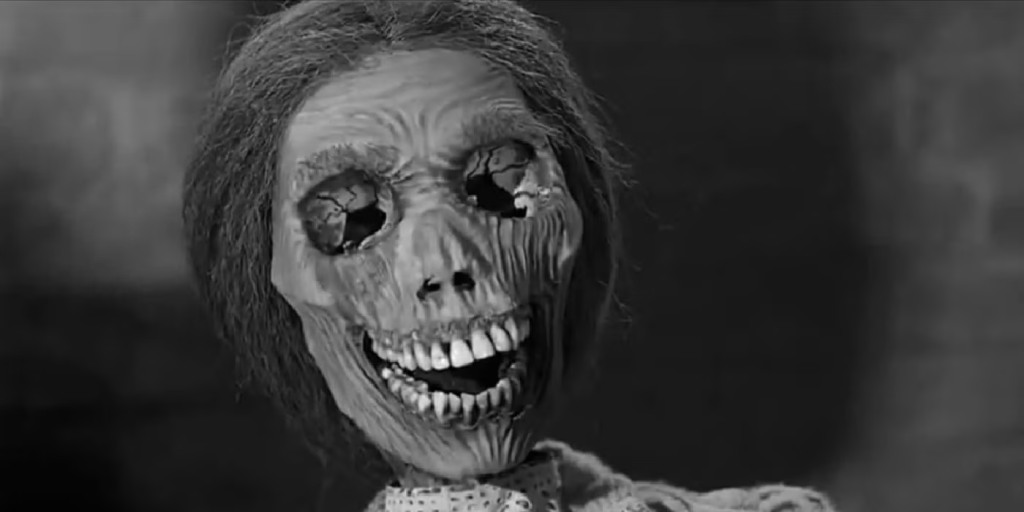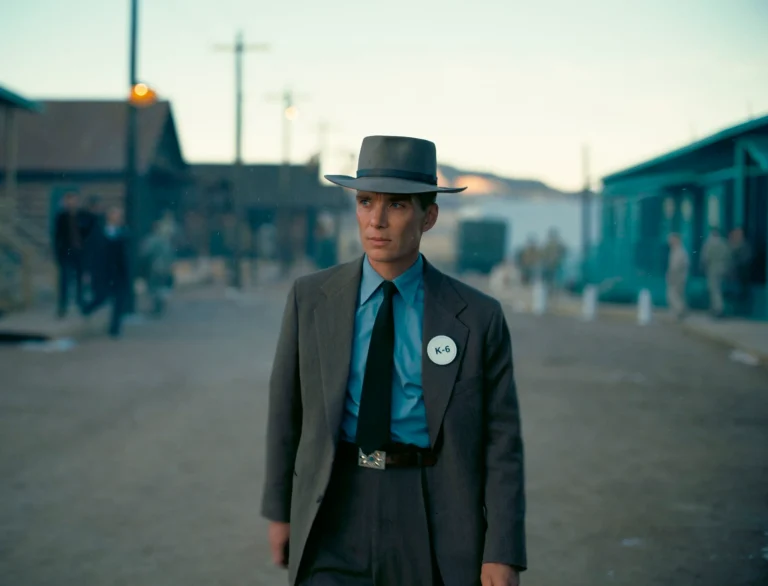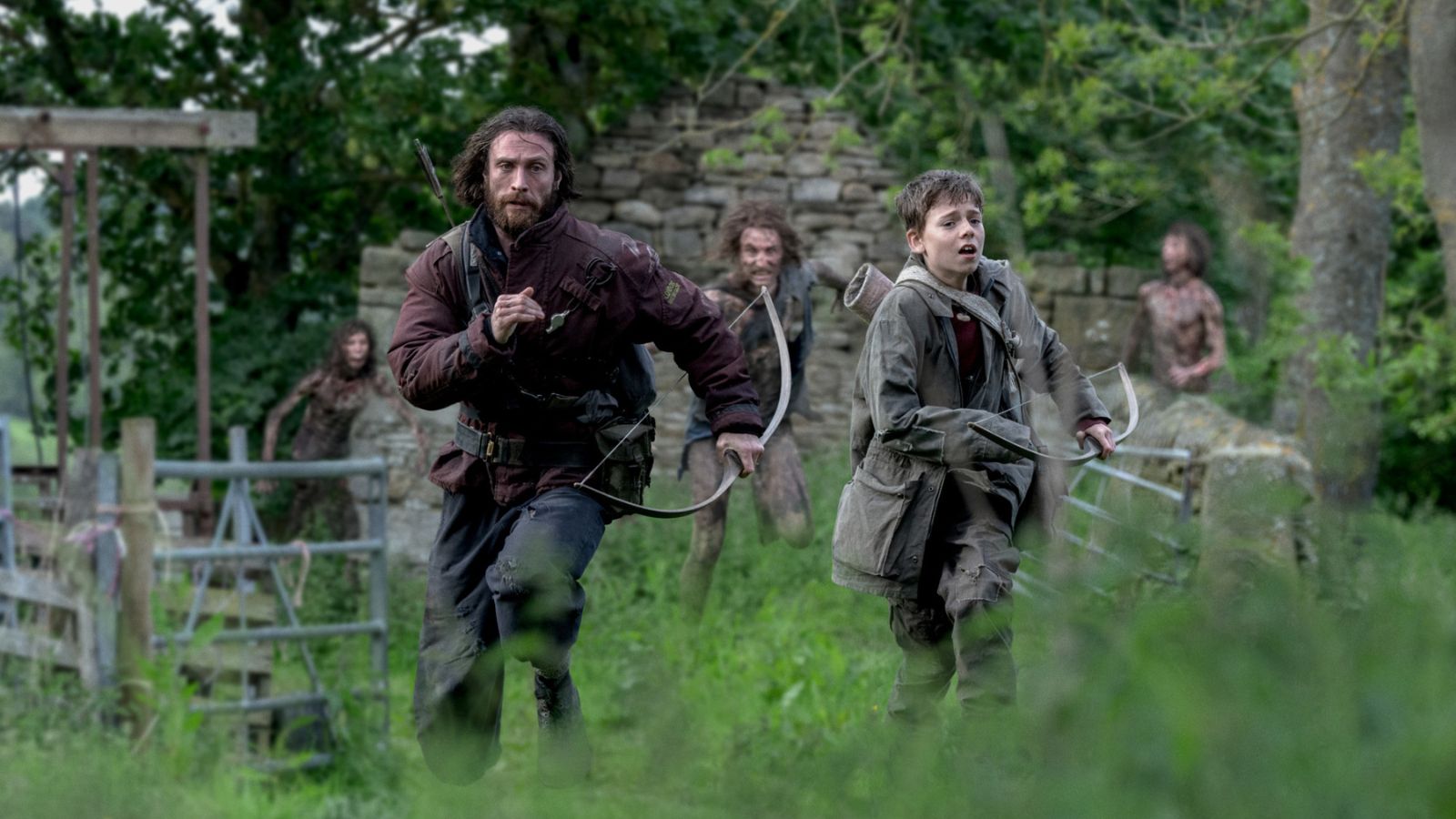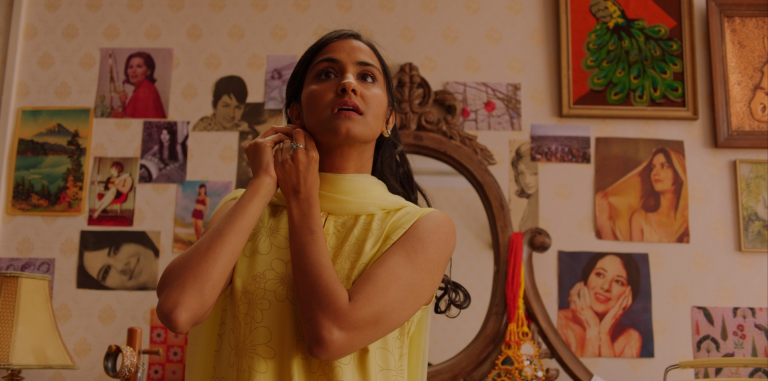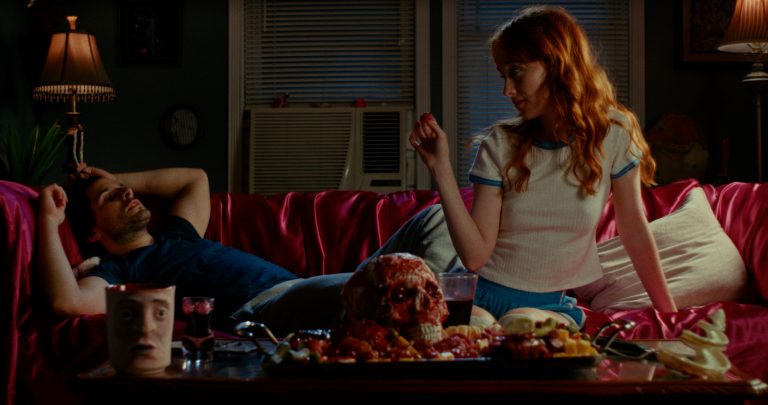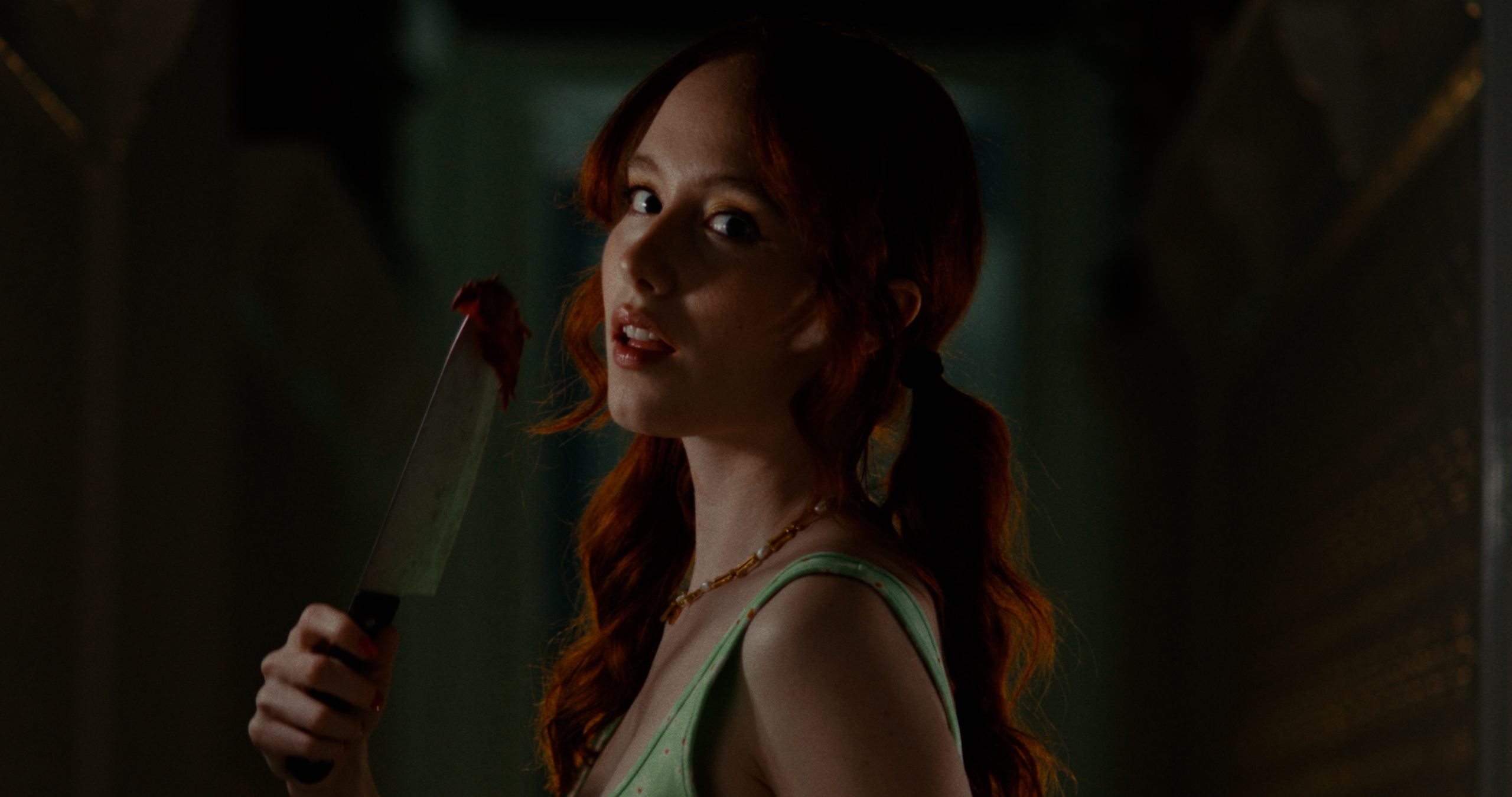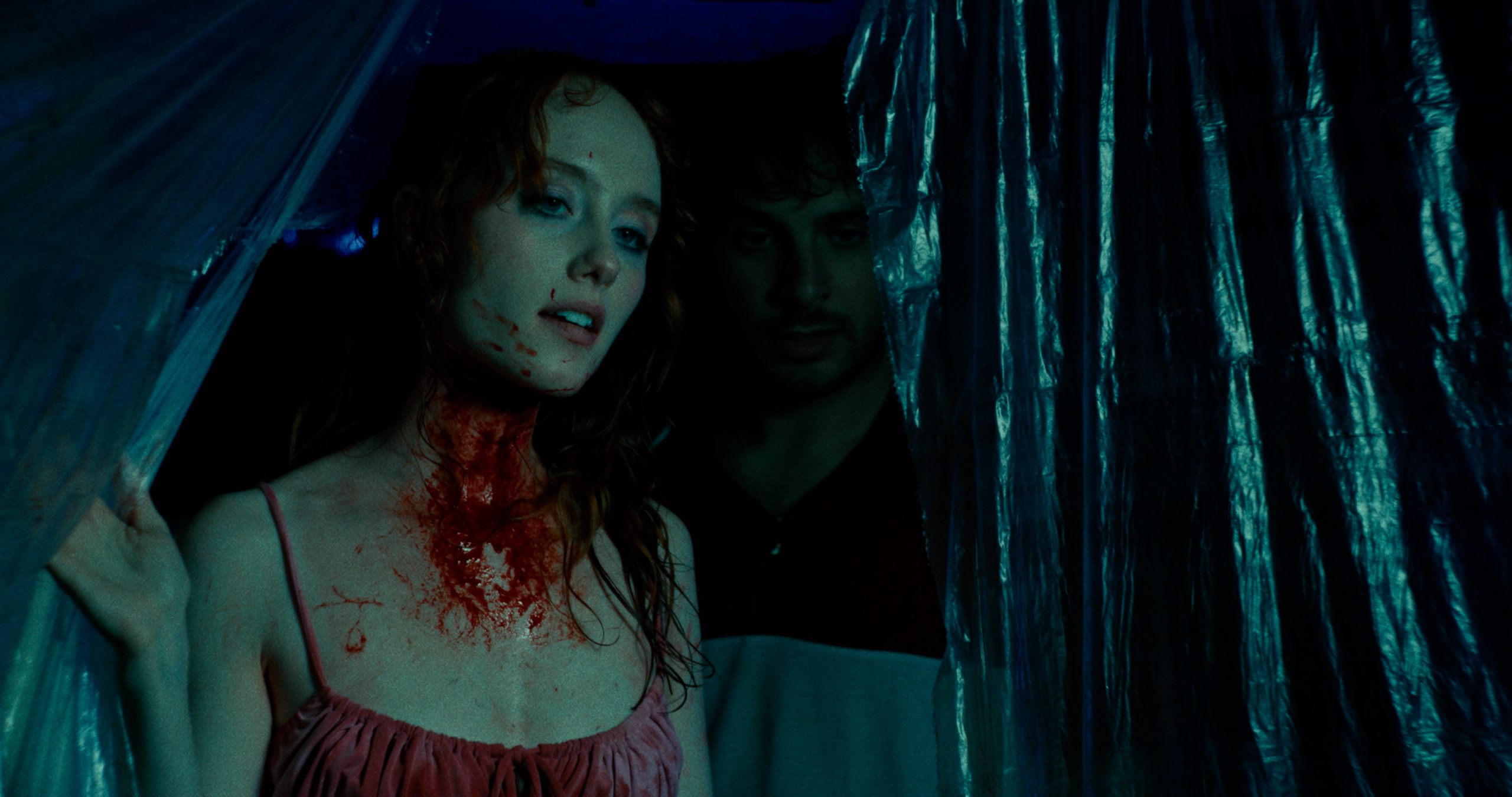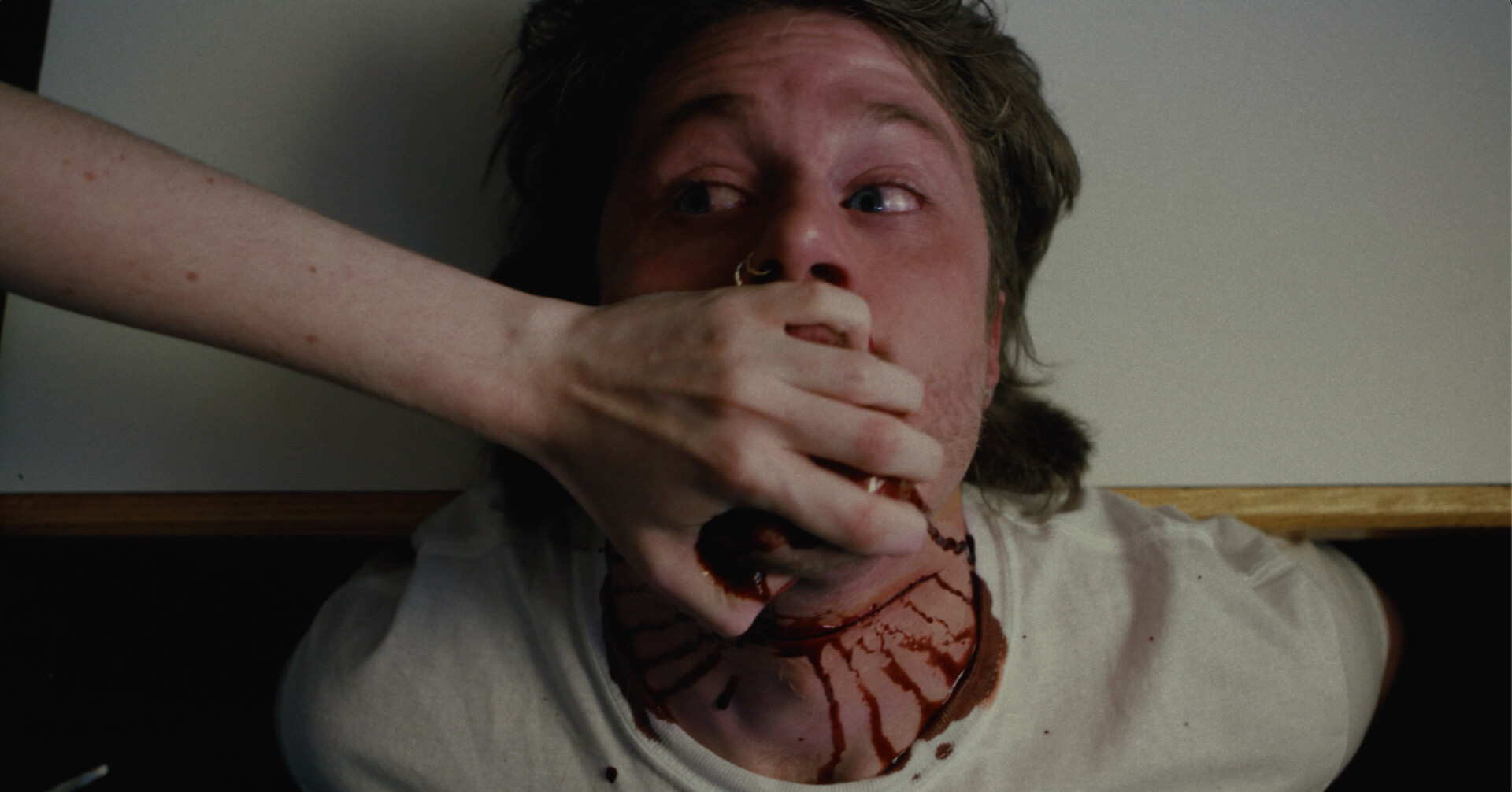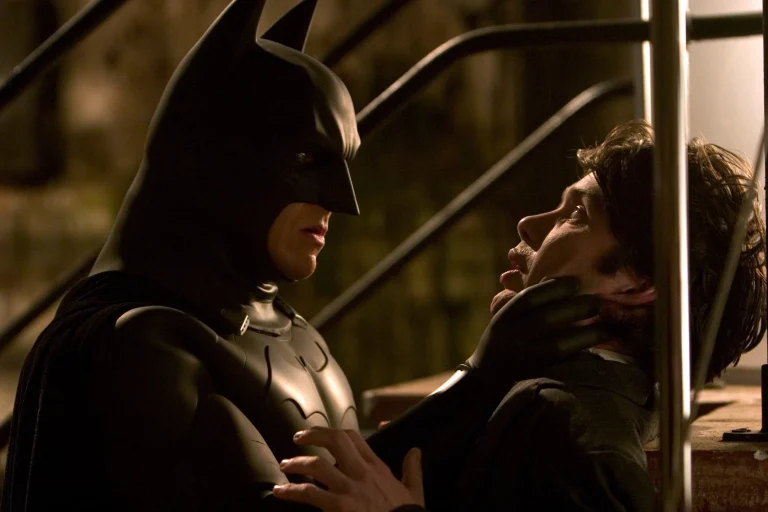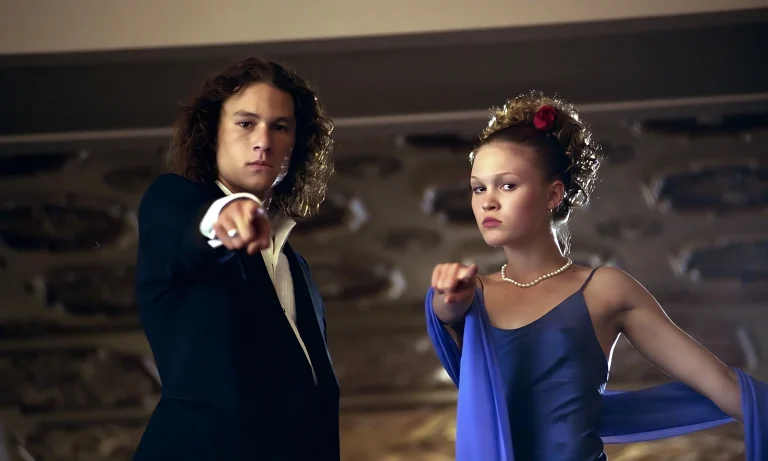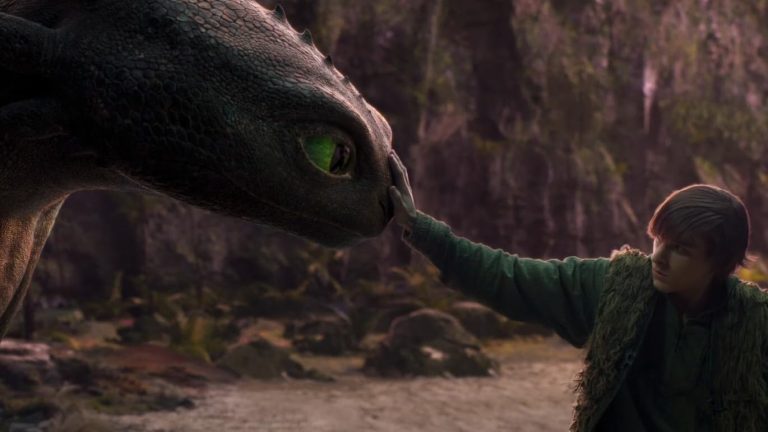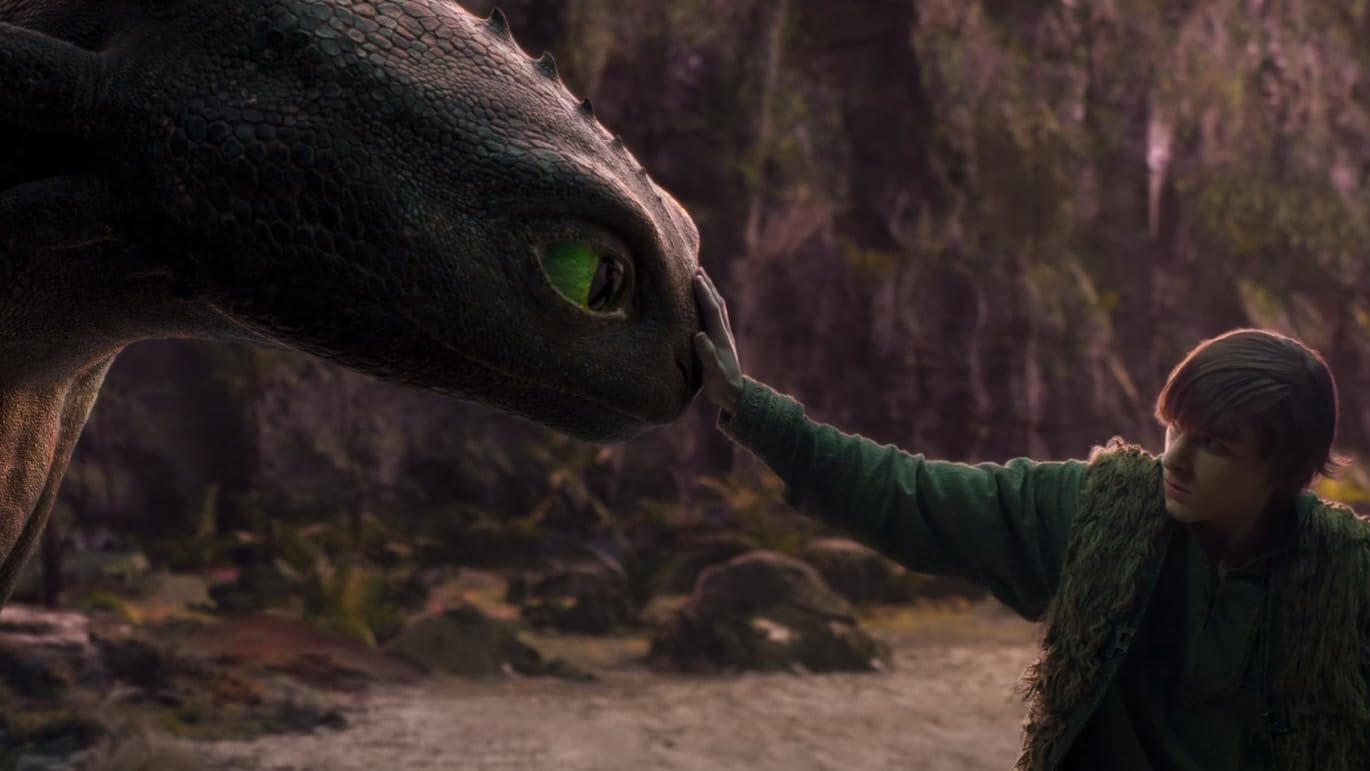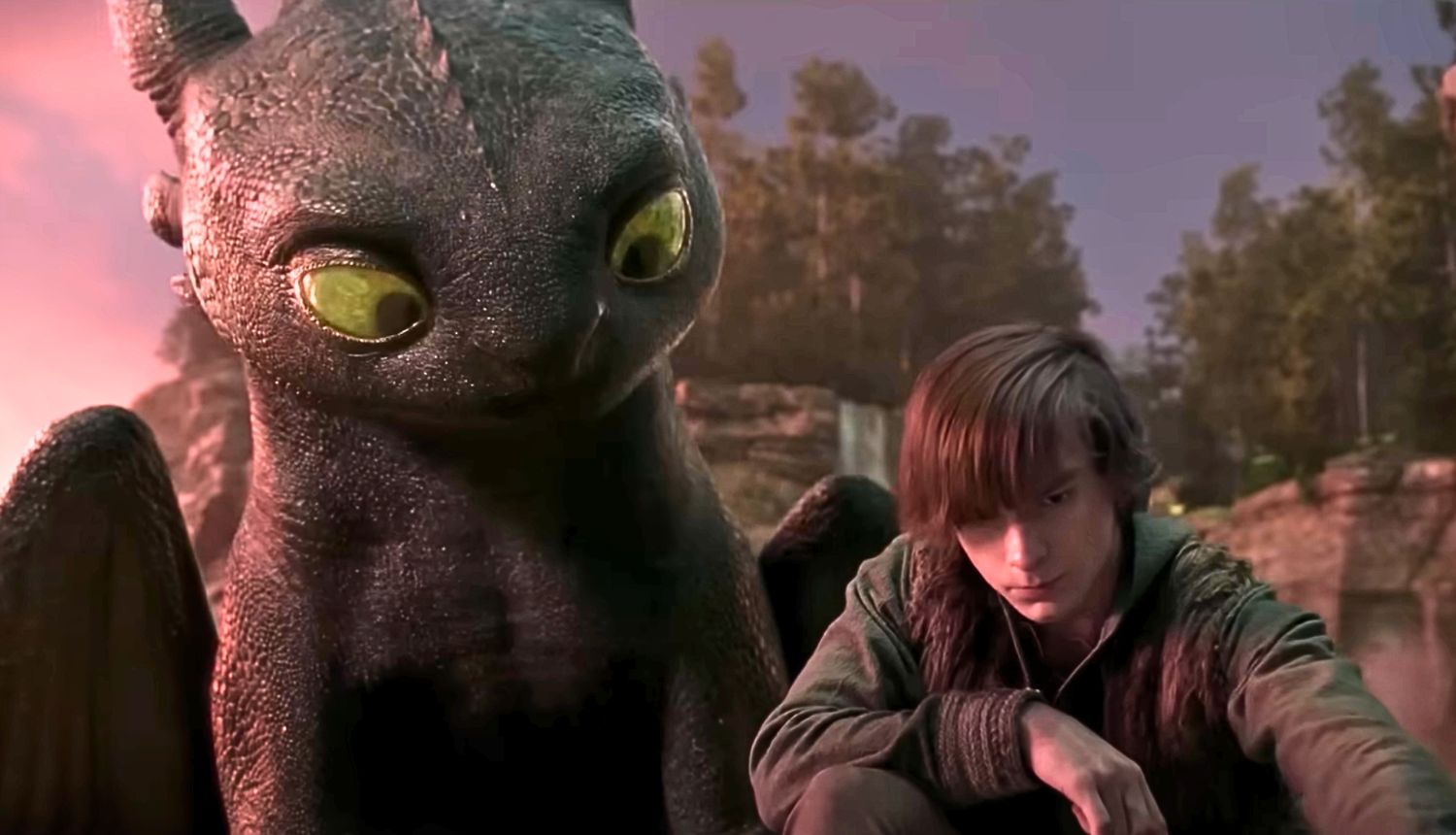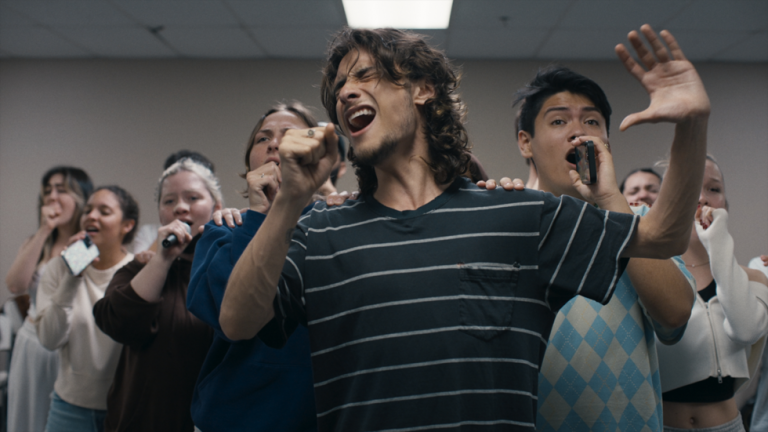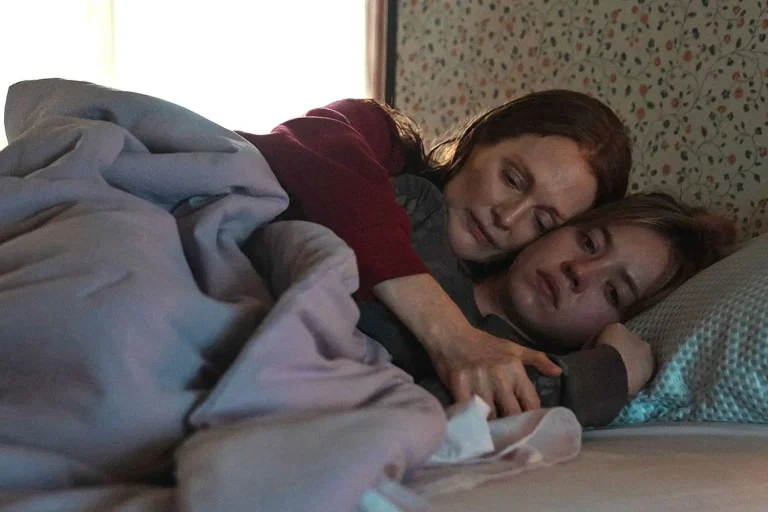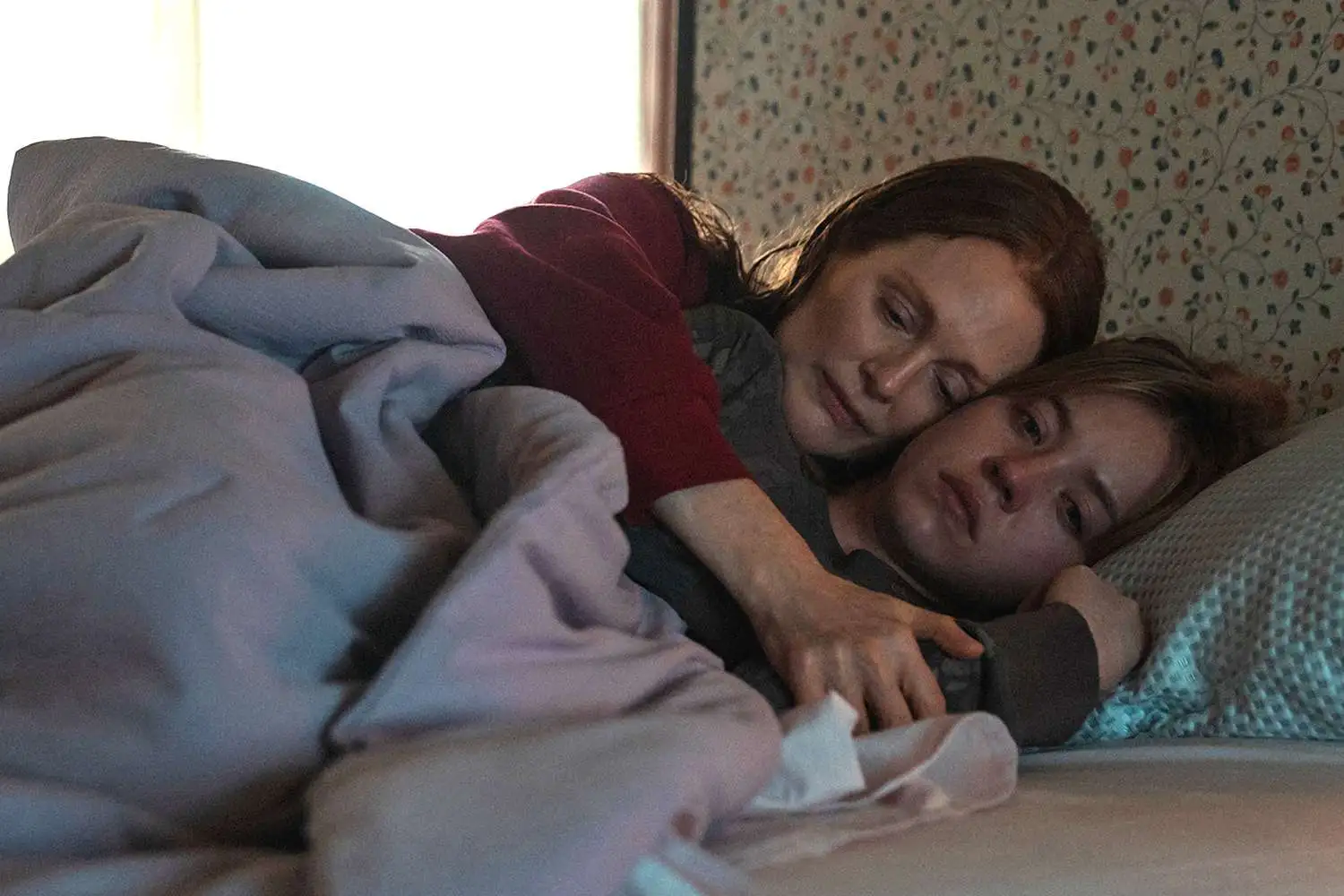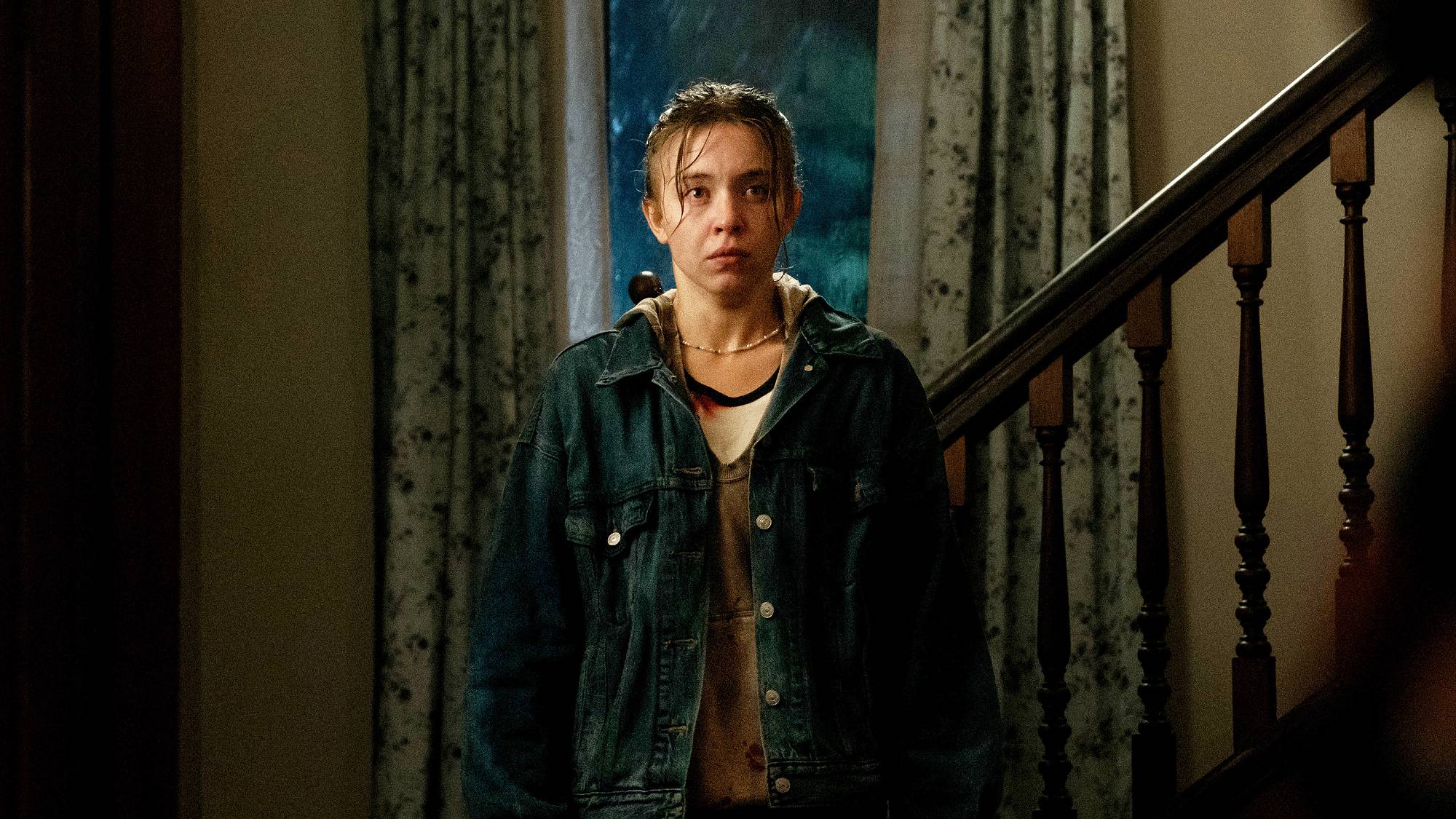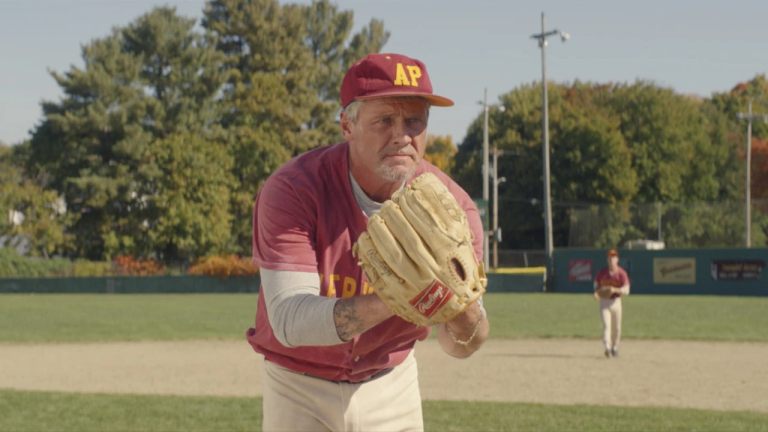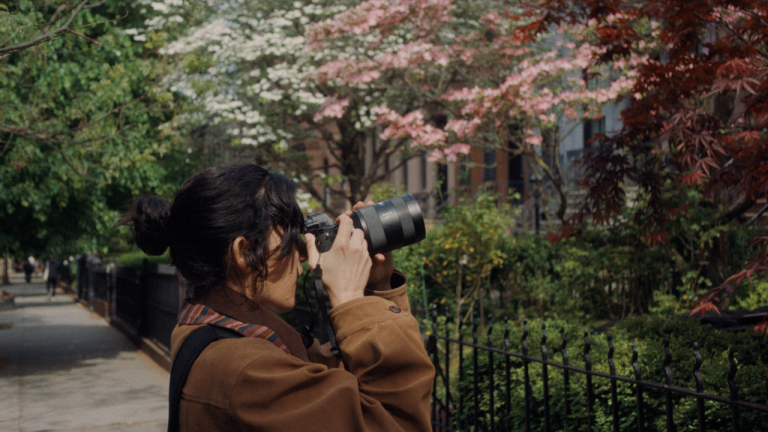Dave Giannini: Izidor’s story is heartbreaking and, of course, not one that has been shown, especially to American audiences. How did you first become aware of it?
David Kabbe: A mutual friend introduced me to Izidor Ruckel and Sarah Padbury in the summer of 2015. We met for coffee on Main Street in Santa Monica and ended up talking for hours. I was immediately drawn into Izidor’s story—there was a quiet gravity to it. I went home and read his biography, dug through every article and interview I could find, and started studying the political history of Romania, especially the treatment of orphaned children under Ceaușescu.
But what haunted me most was one specific moment: the day a nanny took Izidor outside for the very first time. That image wouldn’t leave me. Over time, my connection to the story deepened. It grew from fascination to responsibility. Eventually, it wasn’t just a story I admired—it was one I felt compelled to tell. Telling stories like this is what I’m made for.

DG: Can you speak about how disability is treated in your film? It seems that this is a problem, regarding representation, in many cultures.
DK: This isn’t a documentary—we set out to create a narrative film that uses both animation and live action to build a visual and emotional world, one that draws the audience into Izidor’s experience. The reality of those institutions is beyond most people’s comprehension. If we showed the full truth—the neglect, the cruelty—viewers would likely shut down, feel only horror. We had to temper it just enough to allow people to feel without recoiling.
But make no mistake, this was the reality for children with disabilities in communist Romania. Many societies, including the U.S., still have work to do. Izidor continues to face discrimination, as do so many others around the world. If this film does anything, I hope it stirs compassion and a sense of urgency to give people with disabilities the dignity and opportunity they deserve.
DG: What is the significance of food in your film?
DK: Food in this film isn’t just sustenance; it’s symbolism. In the institution, kids were fed “bean mush” or watery bread soup. That was it. And what makes it worse is the fact that the region is actually rich in agriculture. Everything grows there. Locals ate relatively well during communism. The fact that the children were malnourished wasn’t due to scarcity. It was due to neglect. There were crab apple trees on the hospital grounds, and yet they were still hungry.
But there’s another layer to this. Izidor remembers the first time he sat down for a meal with a family. That image stayed with him. It was about more than food. It was about belonging, about love. In Romanian culture, family is everything, and food is how that love is expressed. For a child who had known none of that, it must’ve felt like stepping onto another planet. That moment—that meal—is the emotional core of the story.
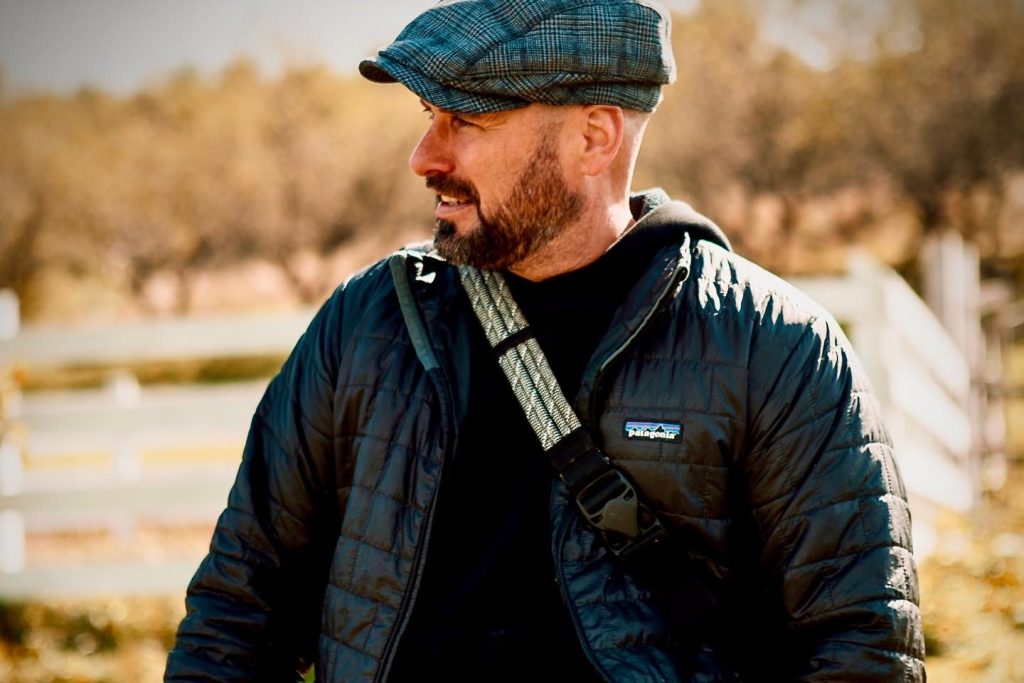
DG: I would like to ask you about the decision of animation vs filmed actors? In many cases, animation is used for vibrancy and excitement. In your film, it is the opposite. What went into that decision
DK: Honestly, it started out of necessity. You can’t film a live-action scene with 300 starving, naked, deformed children and do it responsibly. So we started exploring animation early. But what we found was that it offered more than a practical solution—it helped us dive into the emotional and symbolic world of Izidor’s memory.
The film is, in many ways, unfolding inside his mind. Animation lets us explore that interior world. It let us depict a reality that’s emotionally honest without being exploitative. We filmed the animated scenes in live action with stand-ins, just to get the pacing and feel right. Then we translated that into animation. It gave us a control over tone that we couldn’t have had otherwise.
And yeah, traditionally, the animated world is the escape—the magic. Here, we flipped that. In Izidor, the real world is bright, beautiful, and alive. The animated world is the cage. That inversion helped drive home what this boy was missing all along.
I love hearing from audiences how they react to the animation. And there are also other little Easter eggs to discover in the film!
DG: As I was watching the film, I noticed that I was swept up in Izidor’s perspective. So much so, that when he was returned to the orphanage, it felt cruel. What did you feel, from a character perspective? Is this cruelty or kindness?
DK: I wanted the audience to sit with that question—is it cruelty or kindness? I know the full story, but this film doesn’t give you everything. That’s intentional. As a storyteller, I tried to leave space for your own response.
There’s a case for seeing the nanny’s actions as cruel. Offering comfort, then taking it away, can feel like betrayal. But there’s also quiet courage in giving someone one good day when you know you can’t give them a lifetime. Onișa’s the kind of person who believes small things matter—that one act of kindness can echo.
To Izidor, being sent back felt cruel. He had seen what life could be—and once you’ve tasted hope, going back is a kind of heartbreak. But over time, that feeling changed. He was no longer a blank slate. That glimpse of love and belonging, even if brief, lit a fire in him that never went out.
Bruno Bettelheim’s work influenced my thinking, especially The Uses of Enchantment. He argued that fairy tales help children face darkness symbolically—abandonment, death, fear—through stories. That’s what I tried to do here. Izidor wasn’t saved in the traditional sense. He was given a story worth holding onto. And maybe that’s what makes survival possible.
I could never end this film with “happily ever after.” But I could offer a different kind of hope: If Izidor can overcome his trauma, then maybe you can too. So go slay your dragons.

DG: Home is an obvious theme of Izidor. What does home mean to you? How is it different from Izidor’s perspective?
DK: For me, home has always been tied to people—not places. I had a loving family, and we moved around a lot, but I always felt rooted because I had that emotional anchor. To me, home means belonging. Safety. Identity.
For Izidor, it was the opposite. His earliest environment was one of abandonment and survival. He had to learn what home was, later in life. That one afternoon with Onișa gave him the first taste of it. It’s no wonder he held onto it.
The tagline of the film—”To belong is to be alive”—says it best. Belonging isn’t just a comfort. It’s a need.
DG: A strong emotional moment involves Izidor sharing food with a friend upon his return. What do you see as the role of sharing the feeling of food and home, even when being forced to leave?
DK: That moment is all about legacy. It shows that one act of kindness can ripple outward. Izidor had experienced something beautiful, something new—and instead of hoarding it, he shares it. He gives Cristina a taste of hope, of what life could be.
He didn’t use words. He used food. And in doing so, he modeled what Onișa had done for him. It’s a small moment, but I think it says everything about the human capacity to pass on kindness, even in the darkest places.

DG: Can you discuss the decision to include real (and disturbing footage) at the end of the film?
DK: That was a tough call. During the edit, we realized people might not grasp the true disparity and cruelty of the institutions. Without context, the film might seem too gentle. But if we opened with that footage, it would’ve felt manipulative—like we were trying to shock the audience into caring. What we really wanted was for the audience to walk beside Izidor and experience that day as he did.
So we held the real footage until the end. Just flashes. Just enough to suggest the depth of Izidor’s trauma and the courage it took to return. Those images aren’t fiction. They’re part of his story, the actual children he lived alongside in the institution. We wanted to honor that.
Izidor really did go back. It wasn’t easy. But by including those real glimpses, we hope people come away not just moved—but changed. Maybe they’ll want to be someone like Onișa. Or maybe, if they’re in the midst of their own battle, they’ll draw strength from Izidor’s resilience and courage.
The film was a true blessing to make, and I hope it becomes a blessing to those who find their way to it.






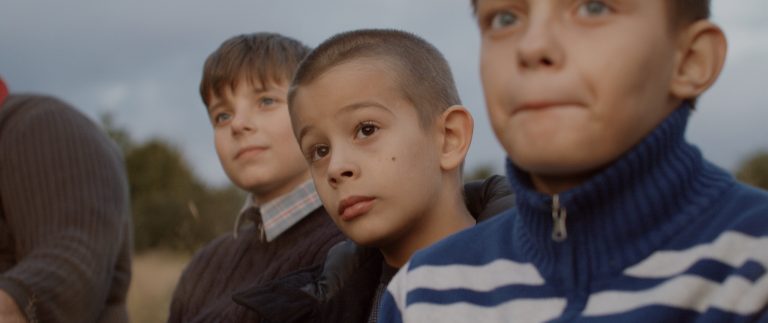
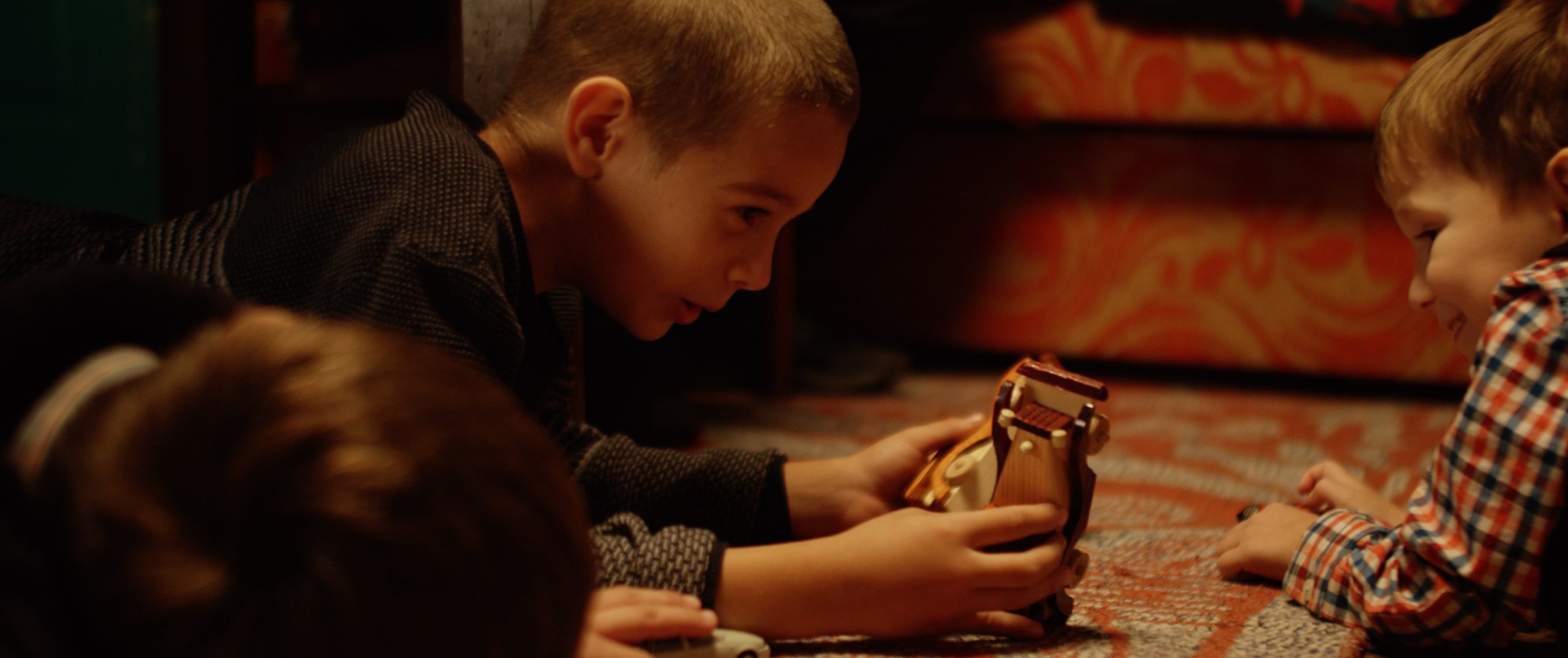
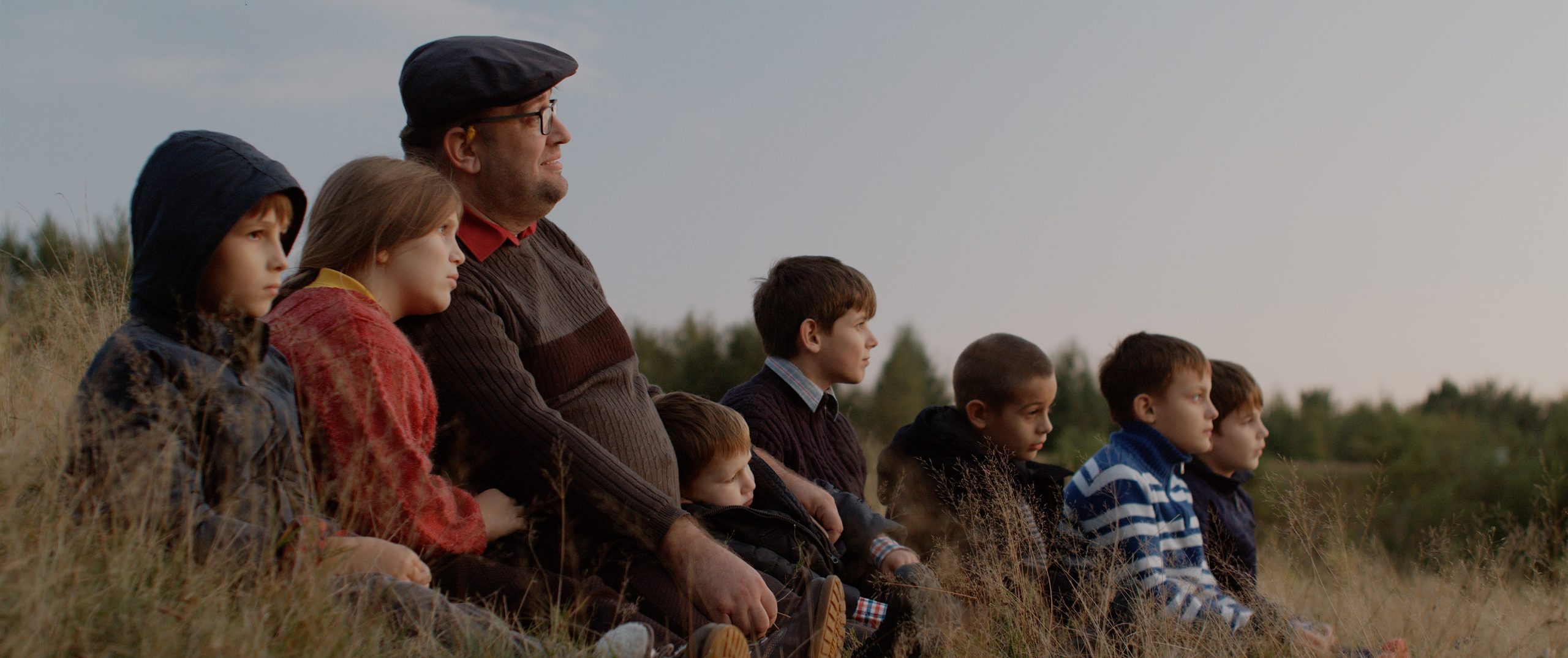
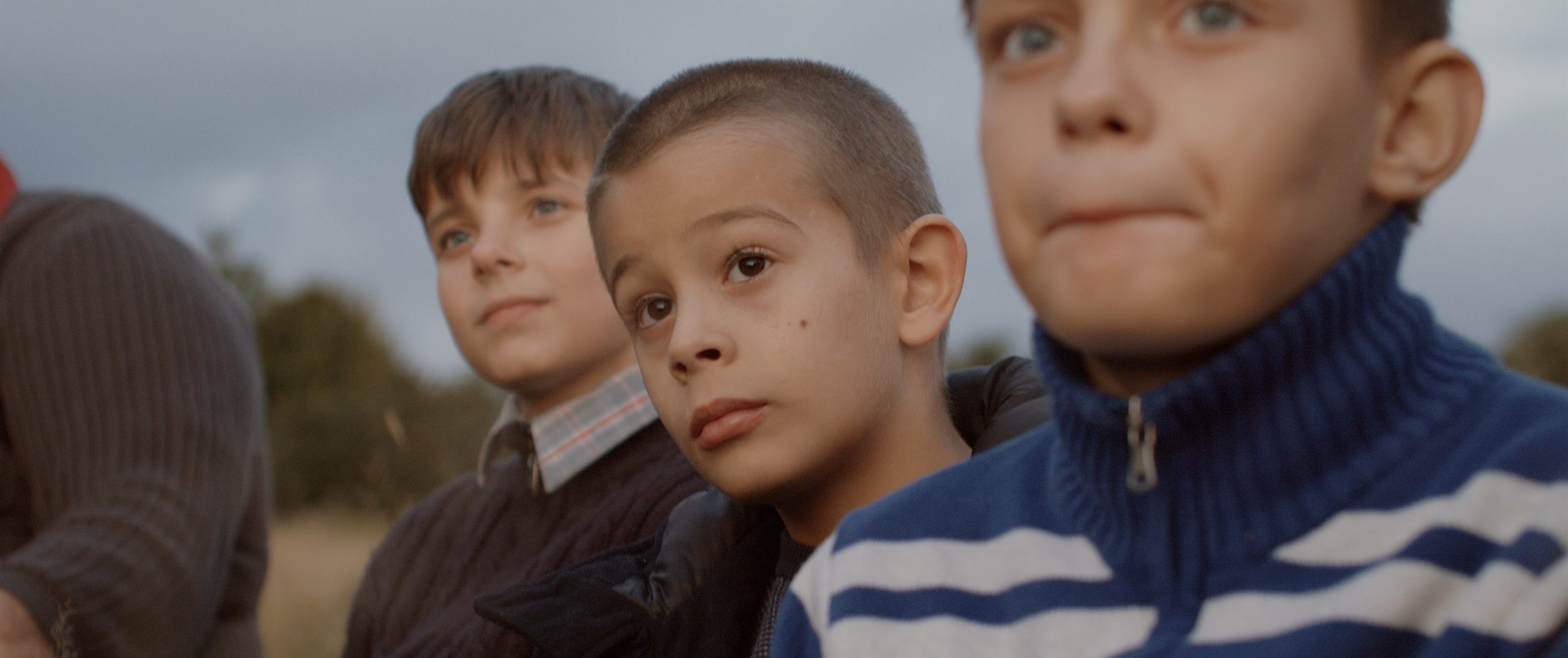








:max_bytes(150000):strip_icc():focal(742x320:744x322)/brad-pitt-f1-071024-1-bb2a8a097cd646a4ae602aa707ba0c86.jpg)


![Best Wishes To All (2023) review [Japan Cuts 2023] – psycho-cinematography](https://psychocinematography.com/wp-content/uploads/2023/09/c-86-1.jpg)
![Best Wishes to All' - Shudder's Japanese Horror Movie Won "Scariest Feature" for a Reason [Trailer] - Bloody Disgusting](https://bloody-disgusting.com/wp-content/uploads/2025/05/Screenshot-2025-05-20-111444.png)





